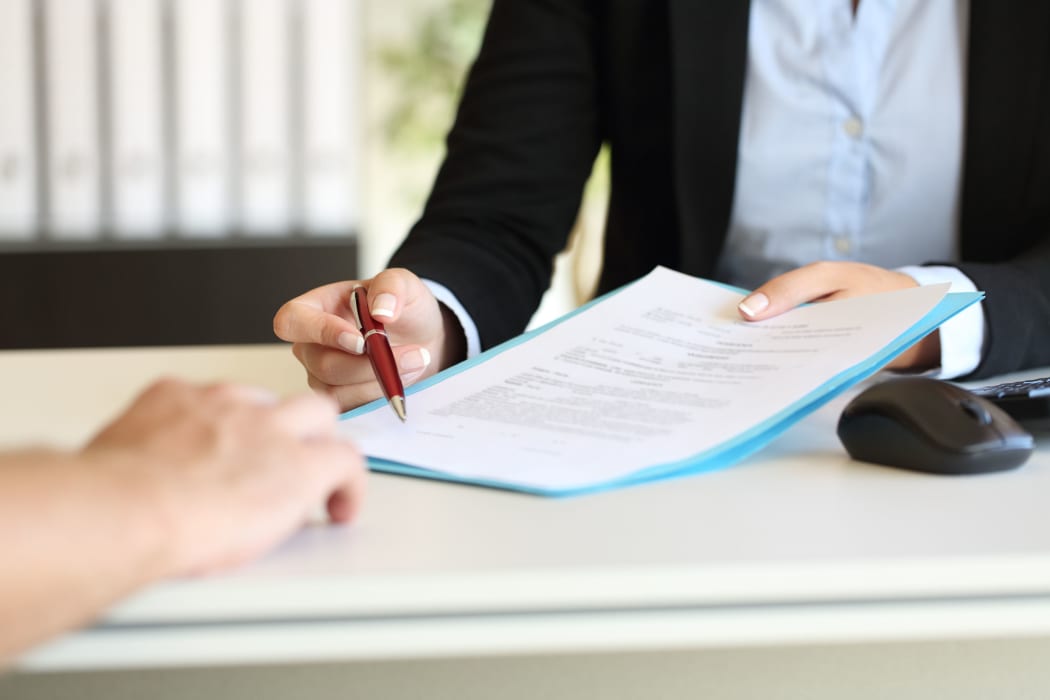Opinion - It was love at first sight: I was 14, in the Invercargill District Court on work experience day, watching the lawyers speak up for people life had given a kicking. From that moment, I knew I wanted to be a lawyer: to stand up for people who couldn't stand up for themselves.
Not everyone at law school shared my idealism.

Stock photo Photo: 123RF
As I entered the profession, a study told us many women didn't stay past 10 years. Affected by sexism, lack of mentoring, childcare responsibilities and societal pressures, they just gave it away as a bad job. But women were graduating in higher numbers. It would all change, we told ourselves. We cheered on the women who were talented, and hard working enough, to rise to the top.
A lot of us worked hard to effect change where we could, both within the law and for other women: targeting the gender pay gap, educating people about unconscious bias, socialising parental leave, flexible and part time work.
We stood up to bullying, sexism and harassment on our own behalf and for others.
We survived, we made 'glacial' progress, but I think we developed collective Stockholm syndrome.
A couple of years ago, a study by Josh Pemberton about the experiences of young lawyers told us women experienced discrimination, and many men and women found legal practice so unpleasant, their first experience of law could be their last. The large law firms were the worst working environments.
Some of our colleagues seemed shocked but many didn't seem interested. Why worry about losing young lawyers when there are so many coming down the pipeline. It was impossible to convince the establishment we needed disruptive, audacious measures to change our culture.
Then the story broke. A hideous tale of young women thrown to two men like fresh meat. A top corporate firm managing the situation like a PR disaster instead of a preventable human tragedy. I'm asked: 'Is it just Russell McVeagh, is it just large firms, is it just lawyers?'
No, of course not; most women, and some men, experience harassment. This behaviour is symptomatic of (mostly male) arrogance, a sense of entitlement, and power imbalance. Naturally, my profession mirrors our culture: sexual harassment is rife in all sectors of society, as the #metoo campaign is laying bare.
In my 26 years in the law, several things have stood out. Although it is a profession, and we have to be certified fit and proper people to be admitted to the Bar, all sorts of people become lawyers. Most are caring, compassionate, diligent and honourable.
Some are jerks.
Being a lawyer does not necessarily equip you to supervise people, or run a business. There are workplaces which are pleasant and collegial. There are workplaces which are toxic at a cellular level.
We need our male colleagues to step up, speak out and lead the change.
Men who behave badly: it's not our job to educate you. You are smart enough to know what it means to treat people at work with courtesy and professionalism. The women you work with are not there for you to patronise, bully, flirt with, seduce or sexually assault. Just like you, they are there to work, and deserve your respect.
The more senior you are, the more mindful you should be. If in doubt, look at how you treat each other, and clients you are trying to impress, and practise some basic manners.
We all need to role model respect, and call out bad behaviour. If we don't fix this, today's 14-year-old girls will never become lawyers.
* Steph Dyhrberg is a partner at Dyhrberg Drayton Employment Law, a specialist employment law practice in Wellington. She has 26 years legal experience, including working for Russell McVeagh Wellington, at The Crown Law Office, and as an employment lawyer for human resources specialists.






